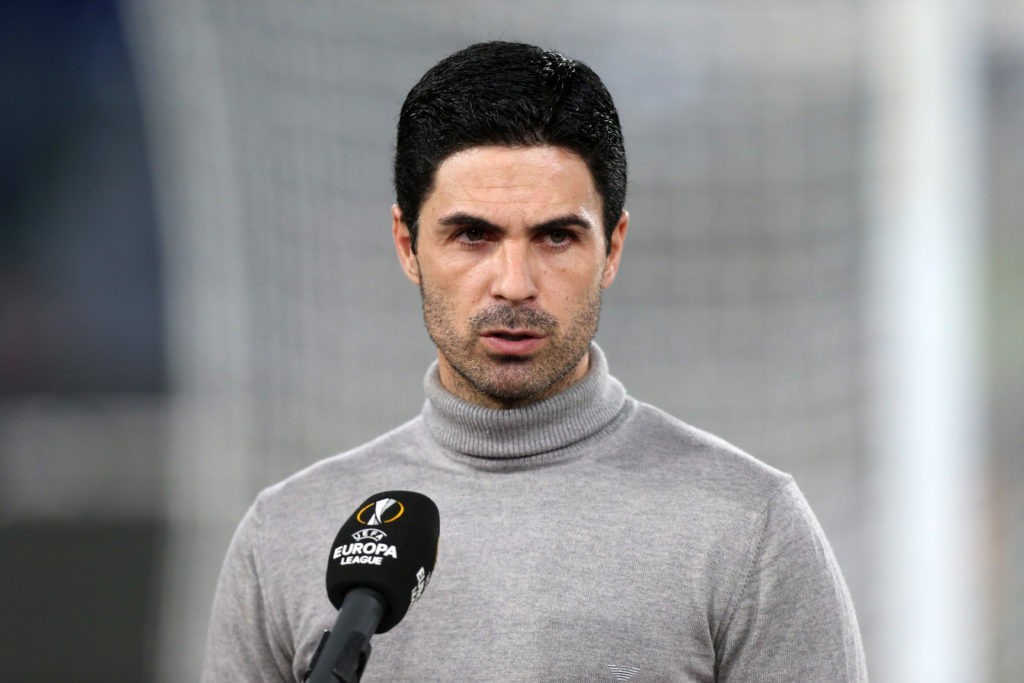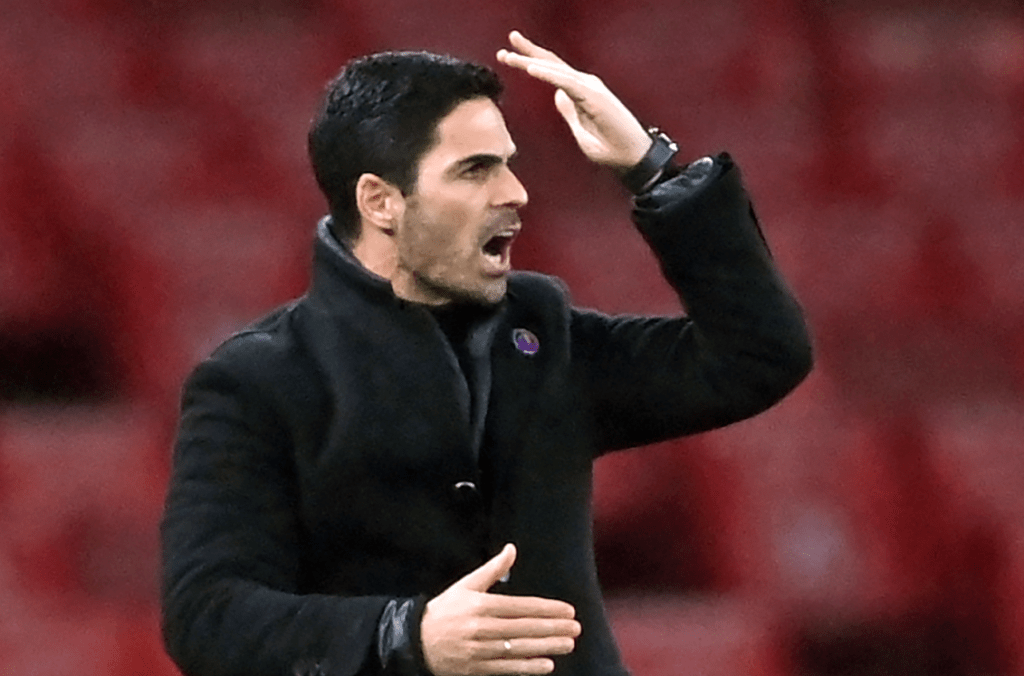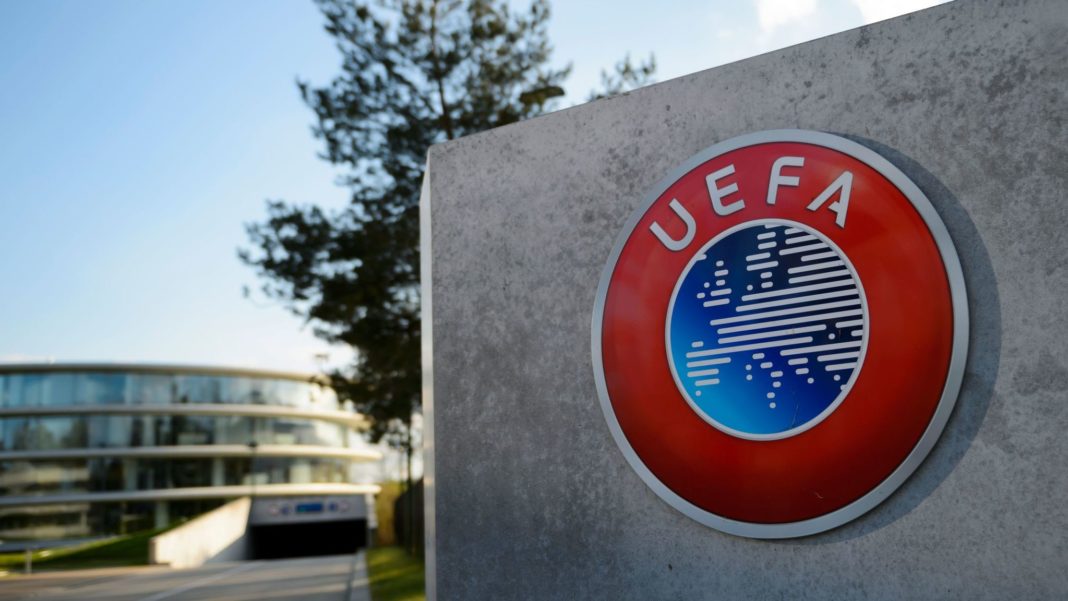Amid all this week’s talk about the European Super League, UEFA put through their new format for the Champions League post-2024.

As most of the footballing world was panicking over the Super League proposals, UEFA announced the news that their new Champions League, Europa League, and Europa Conference League plans will go ahead from 2024.
The current group stage will be scrapped. It will be replaced by a system where every team plays 10 matches against opponents varying in strength to form an overall league table of 36 teams – not 32, more on that later.
The top-eight will then progress to the knockout stages, whilst teams from nine to 24 will play a play-off round to determine who joins the top-eight. Teams 25 and below will be eliminated and won’t drop into the Europa League.
After the play-off round to determine the final 16, the competition will conclude in the same way as the current one does.
As for the Europa League and Europa Conference League, they will also replace their group stages with league format, though the final numbers for each competition haven’t yet been determined.
New ways to qualify

The other key change is the addition of four new places in the competition.
One spot will go to the club that finishes third in the fifth-ranked UEFA championship. Right now, that’s France, with Portugal the next-closest in sixth.
A second spot will go to a domestic champion that doesn’t currently get a place automatically.
The final two spots are the most interesting to Arsenal, as they are awarded to the two clubs with the highest club coefficients that haven’t already qualified for the Champions League, but have qualified for the Champions League qualification phase, the Europa League or the Europa Conference League.
There are obviously a lot of factors going into which clubs will therefore get the spots.
If the season ended today, Liverpool would get one because they’re ninth in the coefficient rankings (with the eight teams ahead of them already qualifying for the CL), and they’re seventh in the Premier League, which is a Europa Conference League spot.
Arsenal wouldn’t qualify, despite being the next highest-ranked club in the coefficient score not to qualify for the CL, because they are ninth in the Premier League and therefore aren’t qualifying for any form of European competition as things stand.

But you can clearly see the potential benefits to Arsenal. As long as the club’s coefficient remains strong, they can afford to finish a few places outside the top four and still qualify. Or they can focus on winning a cup competition and qualify through that.
If these rules had been in place last year, Arsenal would have qualified for the Champions League, given they qualified for the Europa League through the FA Cup win and had the best coefficient score of any club not already qualifying for the Champions League.
Many will argue that’s not fair, given a club like Arsenal could qualify for the Champions League whilst teams above them in the table get Europa League football or no European football at all. There’s already pressure to scrap these extra places.
But for now, we should assume they’ll exist when the new format comes in. Keeping Arsenal’s coefficient score high is therefore key, and the best way to do that is to win the Europa League.

